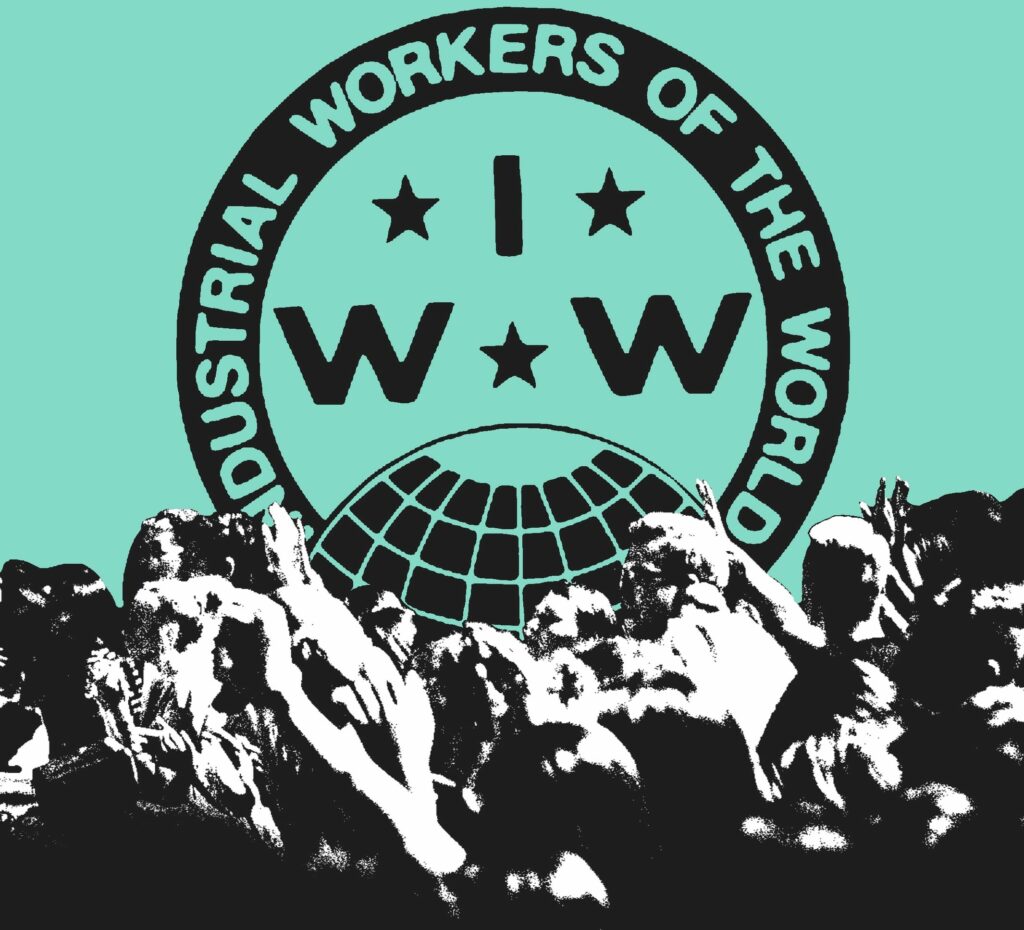
The fight for unionization continues at Nitricity, a San Francisco-based start-up company that produces fertilizer. A union election held on April 6 split 5-5 between supporters and opponents, with a single, currently uncounted vote remaining.
A variety of unsafe working conditions and lack of health insurance initially led the workers of Nitricity to begin organizing their union with the Industrial Workers of the World. Early attempts to negotiate with management prior to the unionization effort were met with limited success. Workers’ input on suitable healthcare plans, for example, was ultimately ignored.
Soon after launching their union drive with the IWW, workers also discovered unfair pay disparities. Their efforts continue to be supported by the San Francisco Bay Area IWW, which helped prepare them for anti-union attacks and to organize their own pro-union actions, such as marching on management.
Nitricity workers have endured an array of anti-union tactics. Talk of how workers and management are a team, warnings that the union is a “third party” that won’t actually represent workers and threats that the business may be unsuccessful if a union is formed were all deployed to dissuade workers from organizing. Management even hired anti-union consultants to help quash the workers’ efforts.
“They claimed that if we unionize — and if we unionize specifically with the IWW, with its very anti-capitalist stance — then venture capitalists will be more hesitant or outright deny providing funding,” says Jackson Wong, a research and development technician and union member at Nitricity.
Workers, however, don’t believe these threats to be credible, due to the continued interest from investors that they have observed firsthand.
Nitricity workers attribute the split union vote to management misclassifying one of their coworkers as a supervisor. The worker was allowed to vote, but it does not count toward certification of the union at this time.
“This person does not have hiring-firing power,” says Wong. “They don’t have the power to control salary, take disciplinary measures — anything that’s listed in that part of the National Labor Relations Act.”
The decision on whether the worker in question is indeed a worker or a supervisor will ultimately come down to the National Labor Relations Board. If the federal agency recognizes the worker as a worker, rather than a supervisor, their vote will be unsealed and become the deciding factor in union certification.
“The National Labor Relations Board is basically investigating this classification or misclassification,” says Wong. “At that time, we will open the envelope of this coworker and see how they voted .… but it’s definitely not a coincidence that this coworker is definitely pro-union.”
While the pro-union workers at Nitricity have been dedicated and steadfast in their resolve and efforts, they admit that they could have done a better job of inoculating others against management’s anti-union attacks.
“I think if we had been better prepared or if we’d responded better — both to our employers and to our fellow coworkers who were swayed by their arguments — that would have been helpful,” says Wong.
Wong also acknowledges the difficulties of labor organizing at start-ups, which are dependent on venture capital, but hopes that the efforts of Nitricity workers will prove successful and inspire colleagues elsewhere.
“You want to help inspire other tech workers, workers in the Bay Area, start-up workers to see that this is something that’s possible,” he says.
